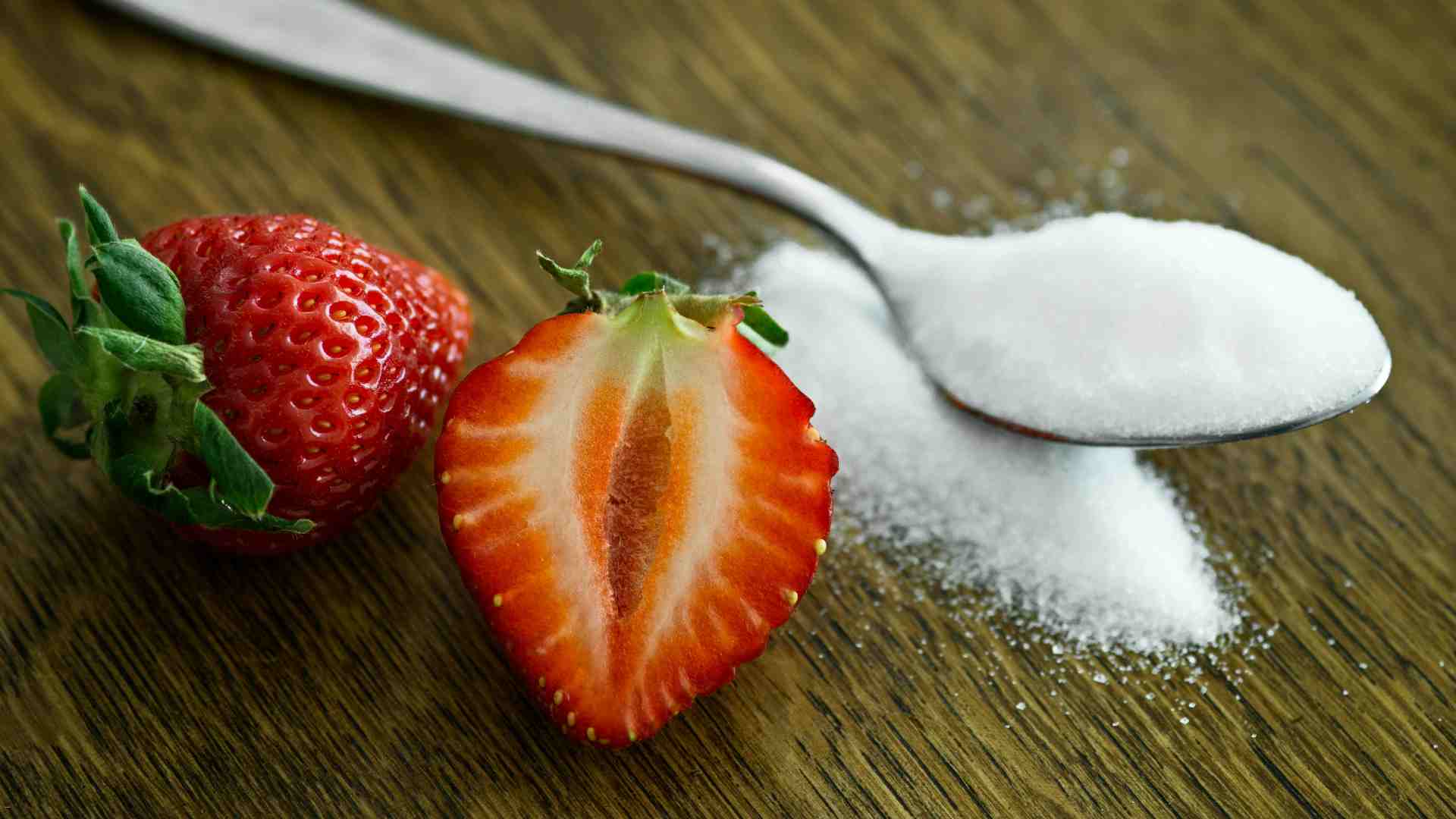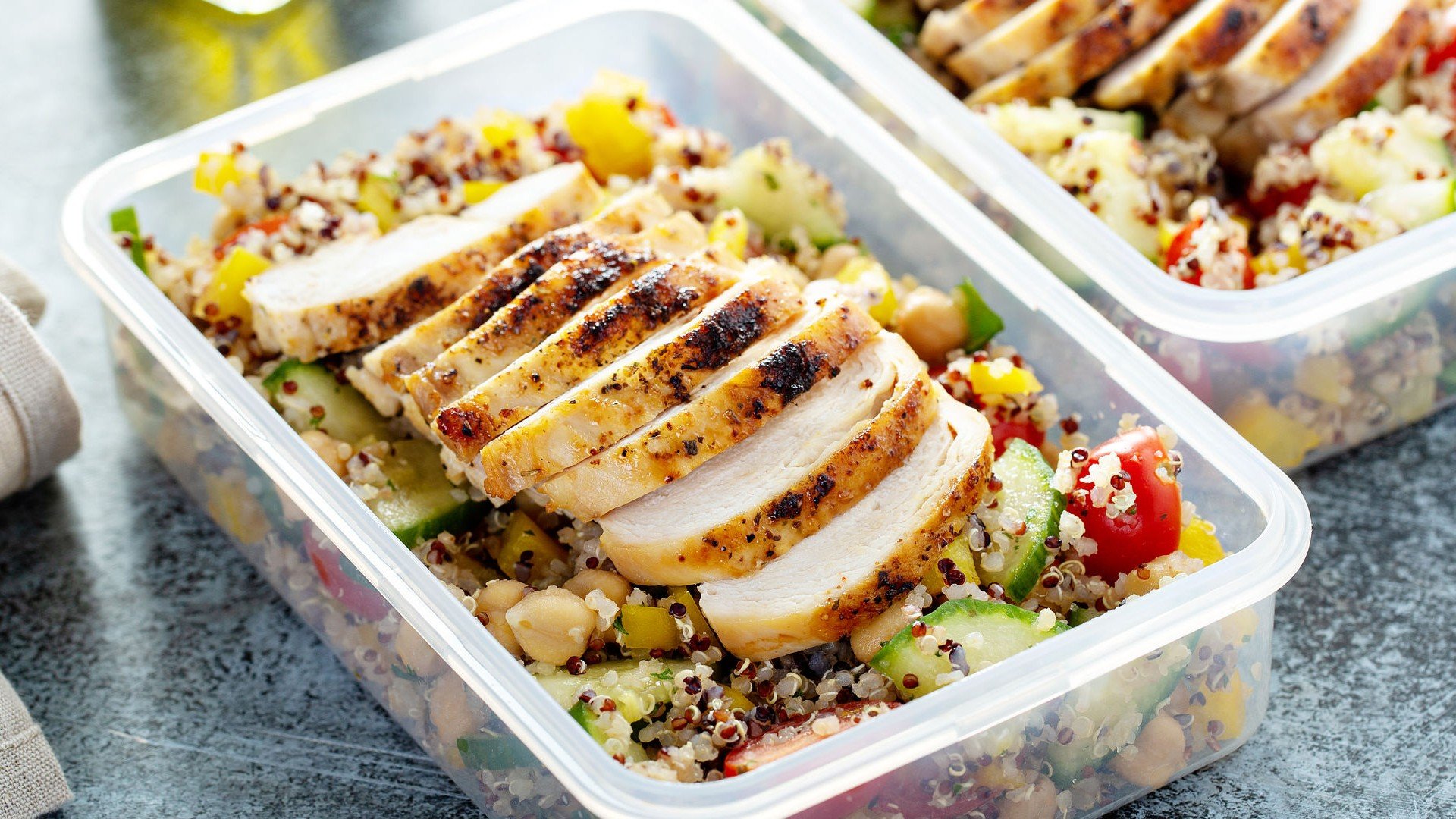How To Shop For The Right Yoghurt
1. The less sugar, the better
If sugar is listed as the first or even second ingredient on the label, do not add to basket. Yogurt already has natural sugars since it’s made from milk. If you already eat a lot of sweet stuff every day, skip yogurt formulas with sweetened fruit or other toppings like granola, chocolate flakes and nata de coco. Instead, buy a plain formula and add honey, cinnamon powder and fresh fruit such as blueberries, strawberries and kiwi fruit.
2. Actually, the fewer strange-sounding ingredients, the better too
Always study the ingredient label. Processed yogurts may have high fructose corn syrup, hydrogenated oils and so on, which would then erase a lot of the benefits that come with having yogurt daily.
3. Unless it’s the name of a probiotic
The reason why you have yogurt – besides how it can taste quite delicious in its unique tart way – is that it contains probiotics. These are good bacteria that are similar to those in your digestive tract. And they can have the most unfathomable names like Lactobacillus bulgaricus and Streptococcus thermophilus.
Probiotics have been found to help with indigestion, irritable bowel syndrome, urinary tract infections and diarrhea. But not every yogurt is made equal. Some are heat-treated to make their shelf life longer and so, do not have good or bad bacteria left in them.
What to look for: yogurts with a Live & Active Cultures seal issued by the National Yogurt Association. But these tend to be from American and European brands so something from a brand like Marigold, for instance, could have live cultures but not have the official seal of approval literally.
4. Non-fat isn’t always better
A non-fat yogurt isn’t necessarily lower in calories as the manufacturer could have over-compensated for its lack of taste by throwing in more sugar and flavouring. In fact, some dietitians recommend low-fat yogurts as they say that a little fat in your diet can be good for health.
5. Look for other good stuff
Once again, read the ingredient list. You’d want to aim for one with at least 15 per cent of the daily value for calcium. Greek yogurt, which is strained more times during the production process and has less whey and lactose, is said to provide twice as much protein as traditional yogurt. It has less calcium though but also less sodium and lactose, making it perfect for those who can’t take milk products.











